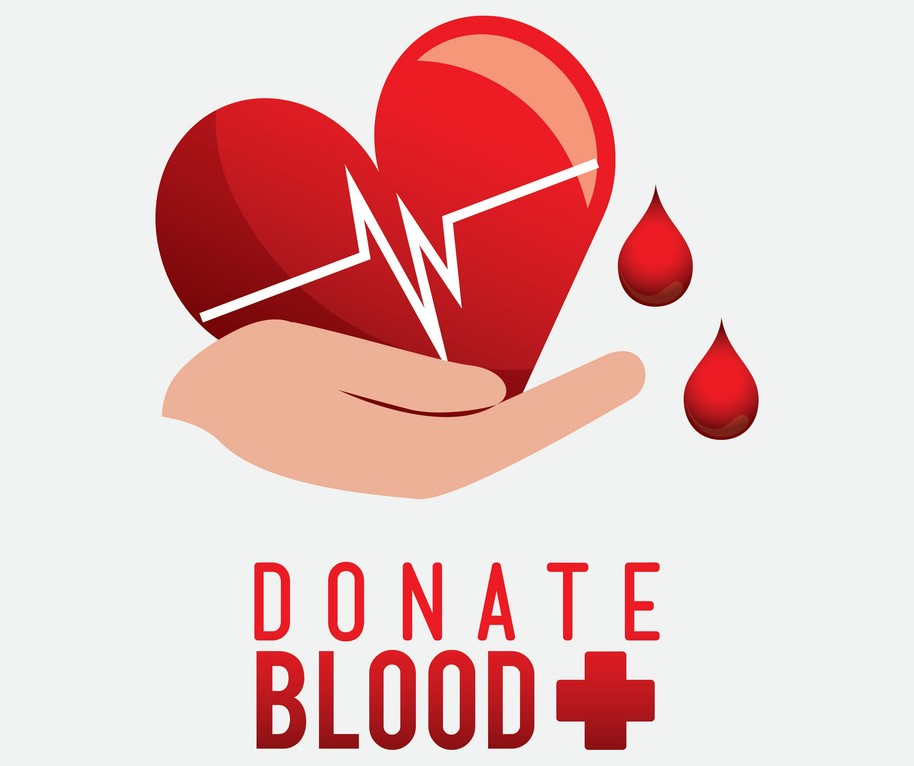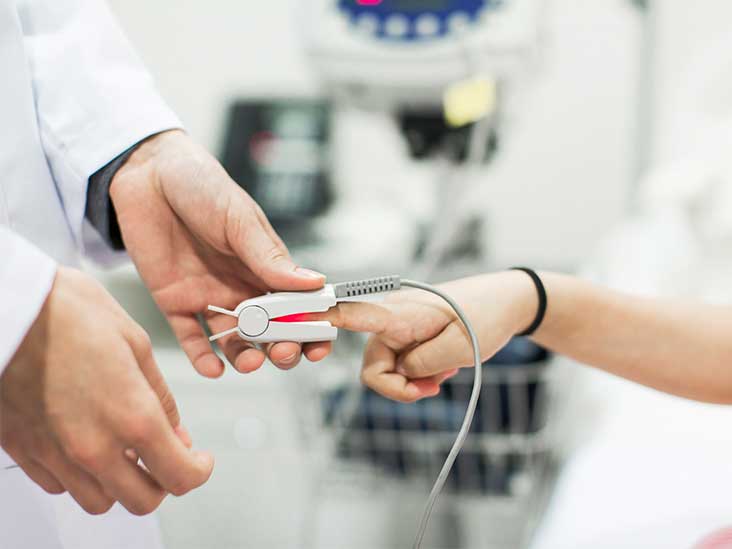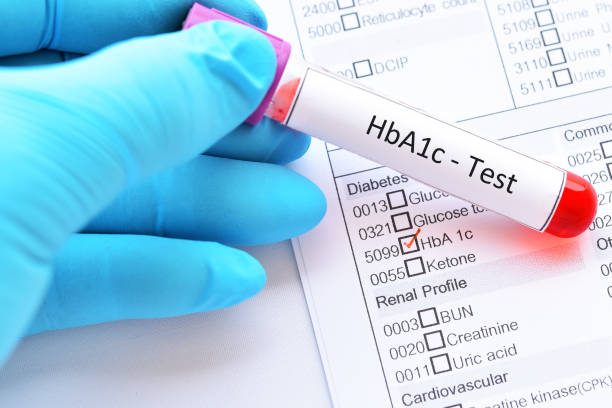
The primary objectives of organizing the blood donation camp were to raise awareness about the critical need for blood, encourage individuals to contribute by donating blood, and cultivate a sense of social responsibility and community service. Beyond addressing the immediate demand for blood donations, the initiative aimed to highlight the broader societal benefits of blood donation, including its role in saving lives and supporting public health efforts.
This camp also offered participants a chance to engage in meaningful social work, reinforcing the importance of collective action in enhancing public health. It served as a reminder that through teamwork and selfless contributions, we can make a significant impact on the lives of others and help meet the ongoing demand for blood in healthcare settings. The camp not only contributed to the well-being of individuals in need but also helped strengthen the sense of community and shared responsibility among those involved.

A heart rate monitor (HRM) is a personal device that measures, displays, or records heart rate in real time for monitoring cardiovascular activity.

The HbA1c test helps in detecting and preventing diabetes by measuring a patient’s average blood glucose levels over the past 2 to 3 months.